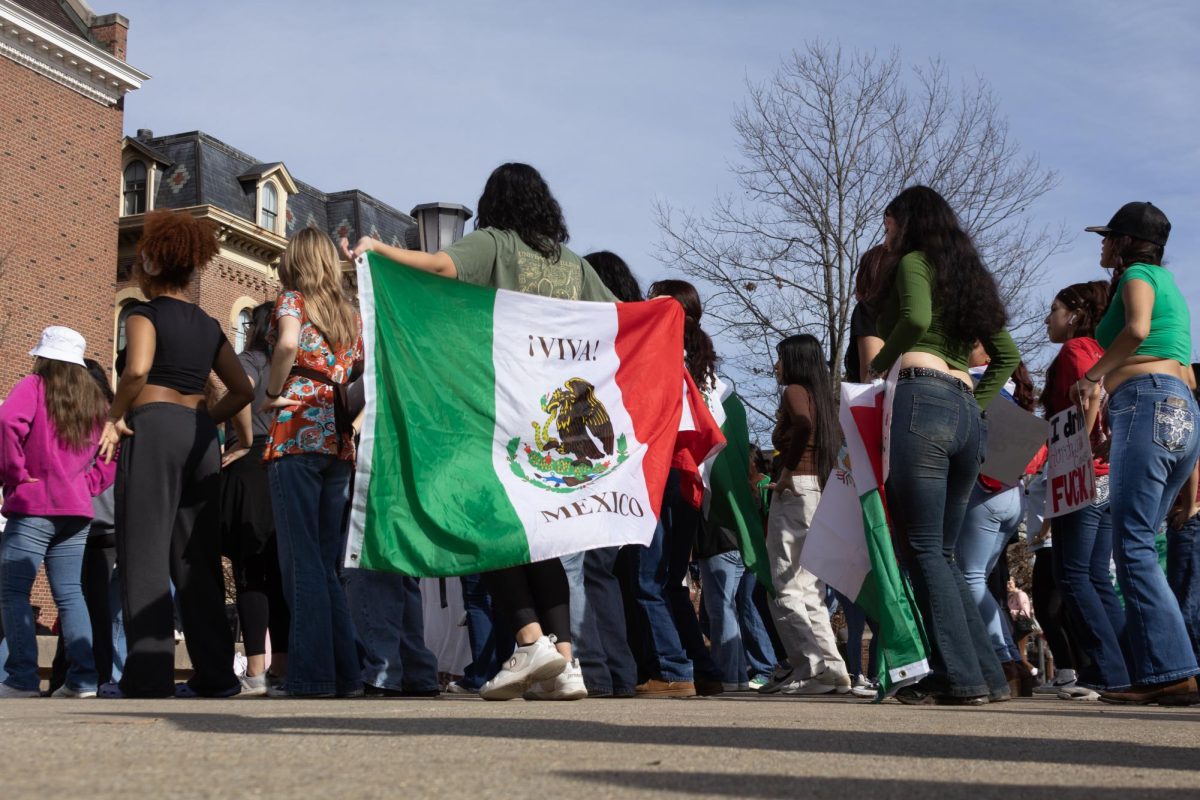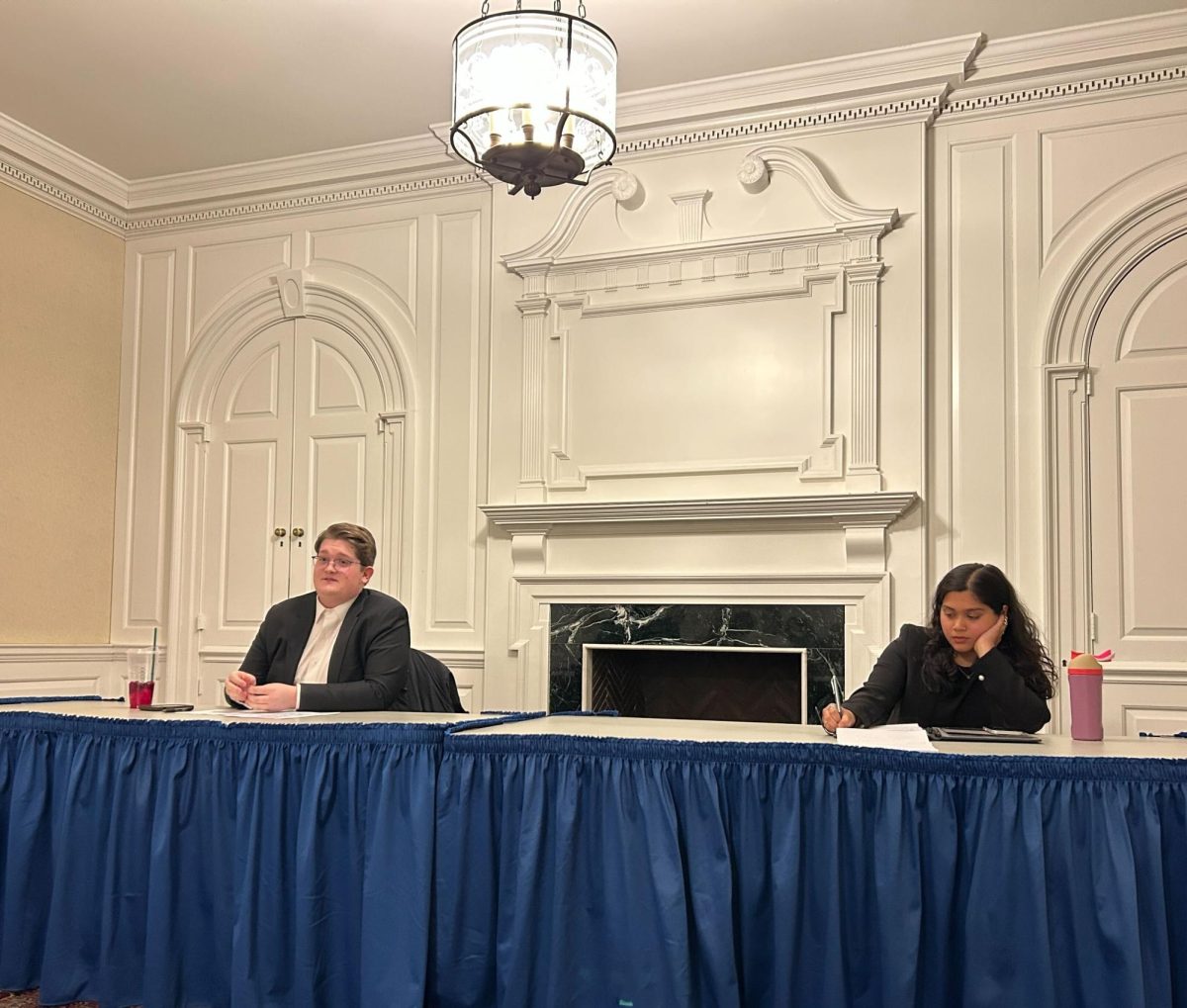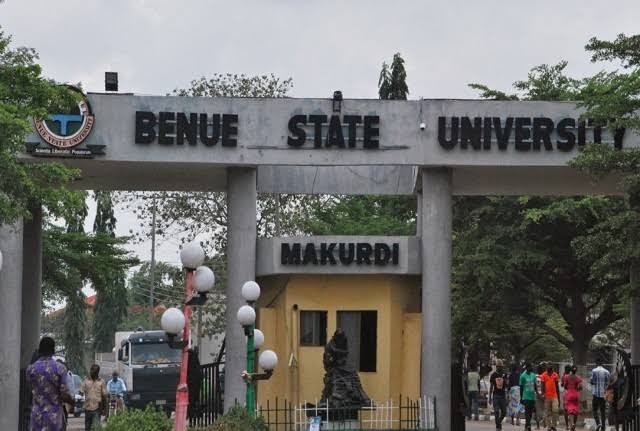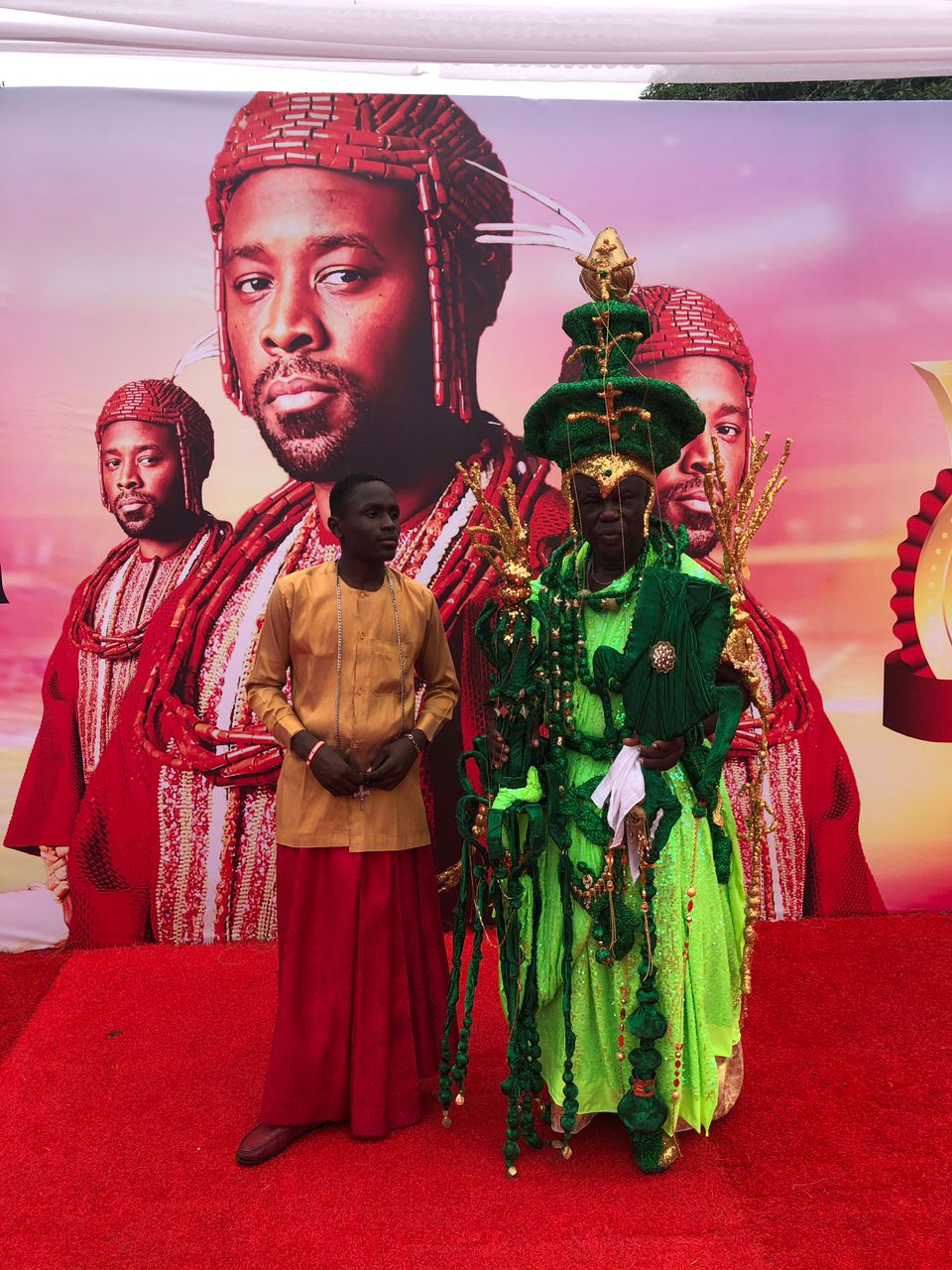
The sun was beginning to set, casting a golden hue over the city of Warri, as my media team and I made our way to the venue of the 3rd year anniversary of the crowning of the current Olu of Warri. The air was thick with excitement, and the streets were adorned with vibrant colors reflecting the cultural pride of the Itsekiri people. We were eager to witness this historic event, but what unfolded was far more than a celebration—it was a journey into the heart of one of Nigeria’s most fascinating kingdoms.
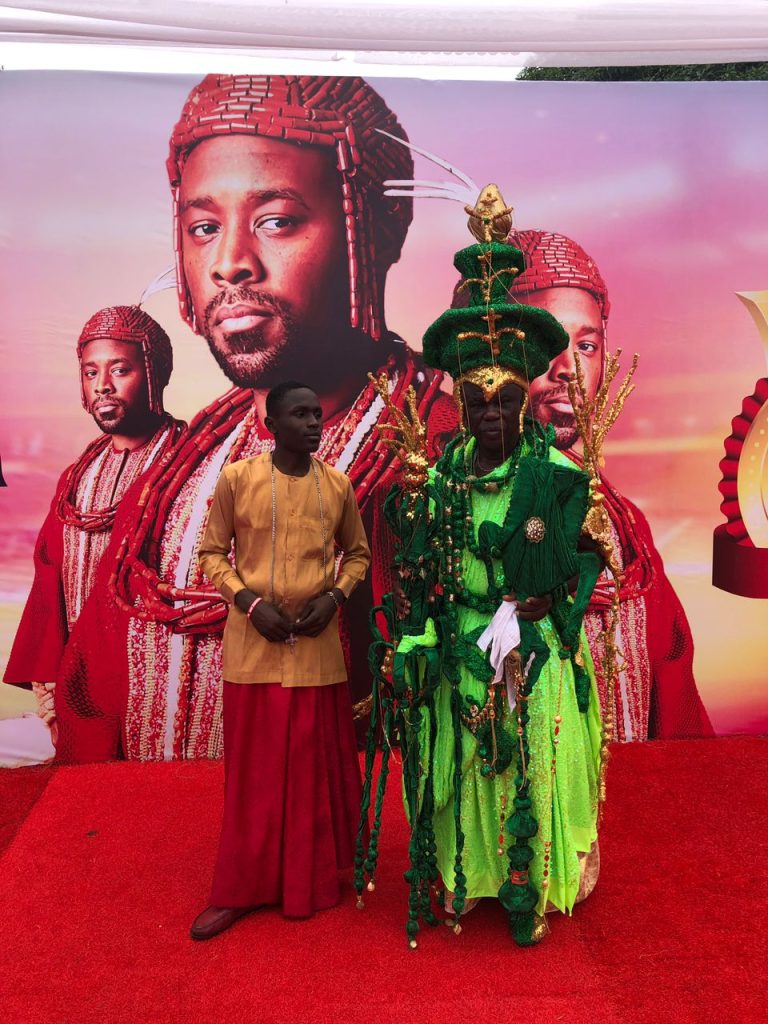
As we arrived, the warmth of the people immediately embraced us. Smiling faces welcomed us with open arms, a gesture that spoke volumes about the hospitality ingrained in the Itsekiri culture. The atmosphere was electric, filled with the sounds of traditional music and the sight of dancers in their colorful regalia moving gracefully to the rhythm of drums. It was a feast for the senses, a reminder that the Warri Kingdom is not just rich in oil but in culture and tradition as well.
A Monarch Rooted in History and Diplomacy
As we settled into our seats, my mind wandered to the significance of the event. The Olu of Warri, a title steeped in history, represents more than just leadership. The current Olu, like his predecessors, is a direct descendant of Ginuwa, the first Olu who established the kingdom around 1480. This unbroken lineage is a testament to the stability and resilience of the Warri Kingdom, a fact not widely known but deeply significant.
The Itsekiri people, with their long history of diplomacy, were among the first in Nigeria to establish relations with European nations. As early as the 15th century, the kingdom had forged strong ties with Portugal, leading to cultural exchanges that continue to influence the region today. The multilingual abilities of the Olu—often speaking Itsekiri, Yoruba, English, and even Portuguese—are a reflection of this rich diplomatic history.
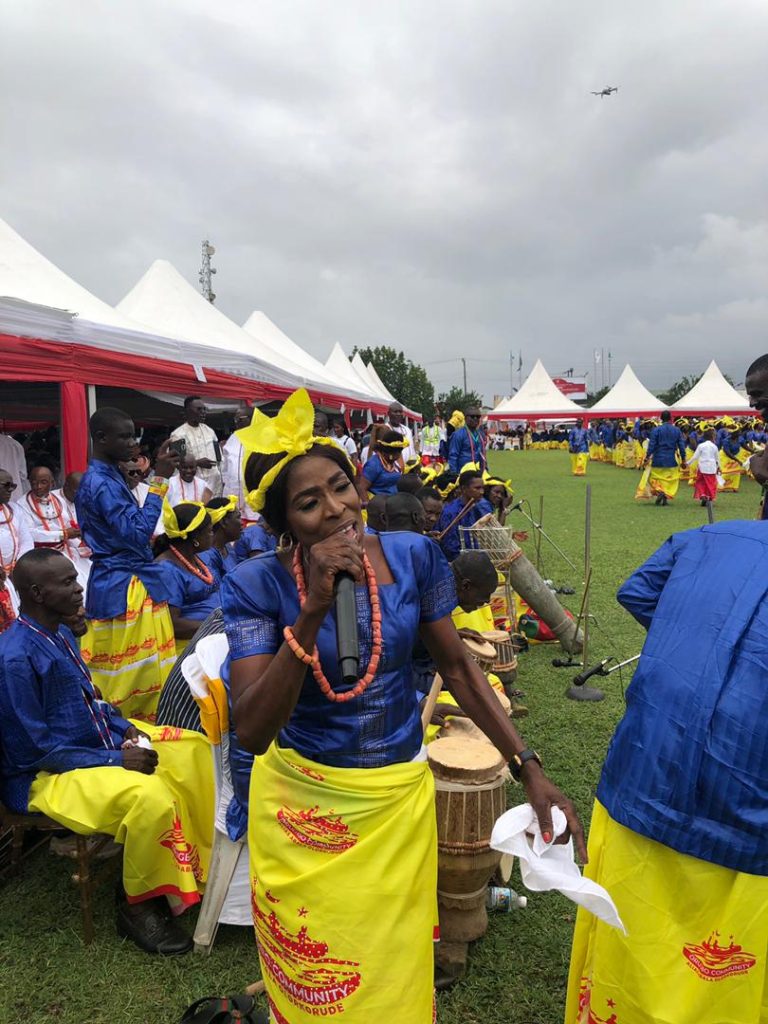
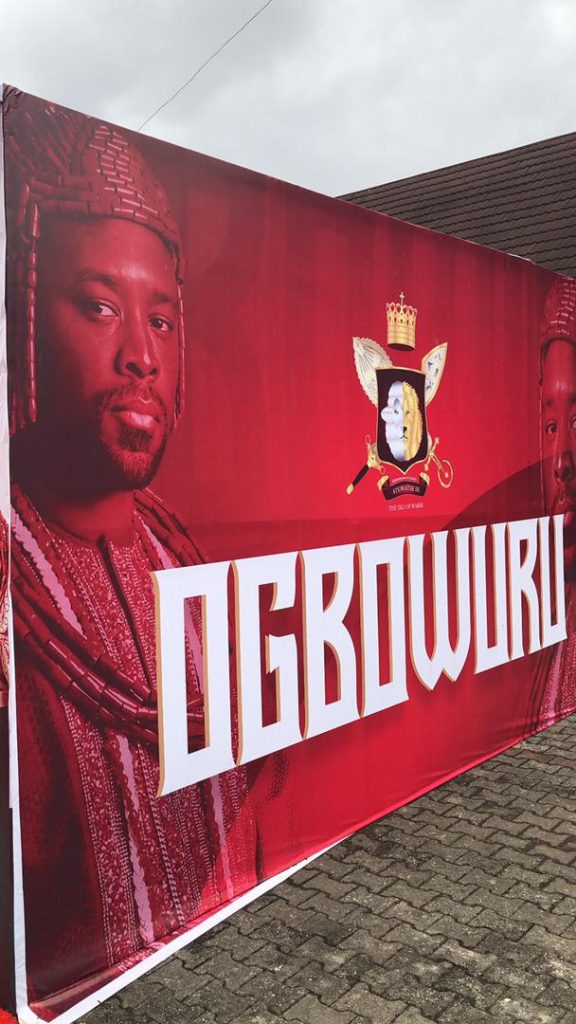
A Celebration of Culture and Unity
The event itself was a vivid display of the kingdom’s cultural wealth. The traditional dances, like the “Omoko” dance, were not just performances but a storytelling medium, passing down tales of valor, unity, and the Itsekiri way of life. The music, with its rhythmic beats and soulful melodies, resonated deeply, reminding us of the importance of preserving such traditions.
One of the most striking moments of the evening was the diversity of the attendees. It wasn’t just the Itsekiri people who were present; there were representatives from various ethnic groups, all celebrating together. This reflected the cultural diversity of the Warri Kingdom, where Itsekiri, Urhobo, Ijaw, and other ethnicities have coexisted peacefully for centuries. The Olu’s role in maintaining this unity is commendable, as he has been a consistent advocate for peace and harmony among the different groups in the region.
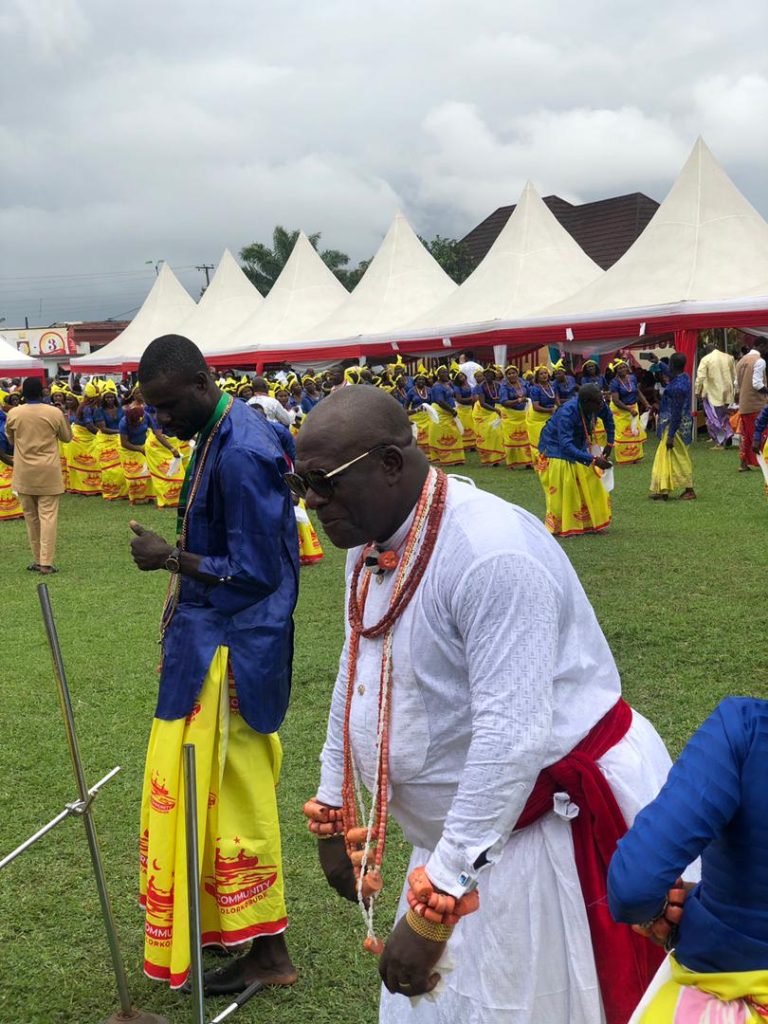
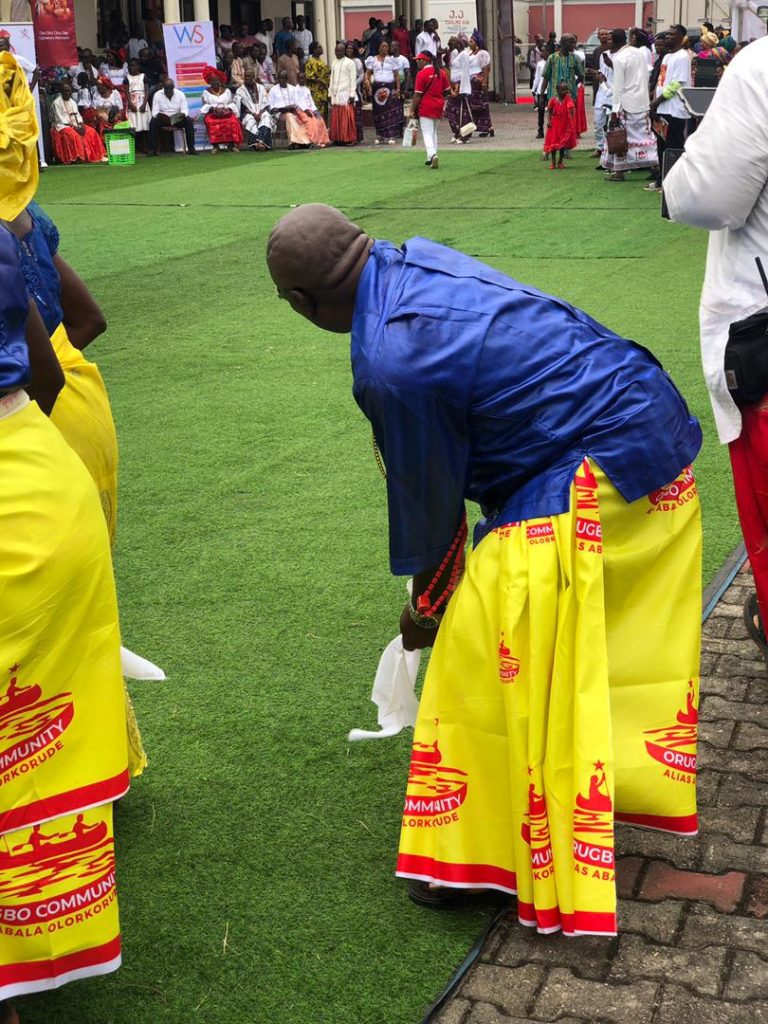
The Modernization of Tradition
What stood out during the celebration was how the Olu has embraced modernization without losing the essence of tradition. The use of technology to broadcast the event live to those who couldn’t attend in person was a nod to the future, while the adherence to traditional rites and ceremonies paid homage to the past. This balance between modernity and tradition is a hallmark of the current Olu’s reign, making the Warri Kingdom a unique blend of the old and the new.
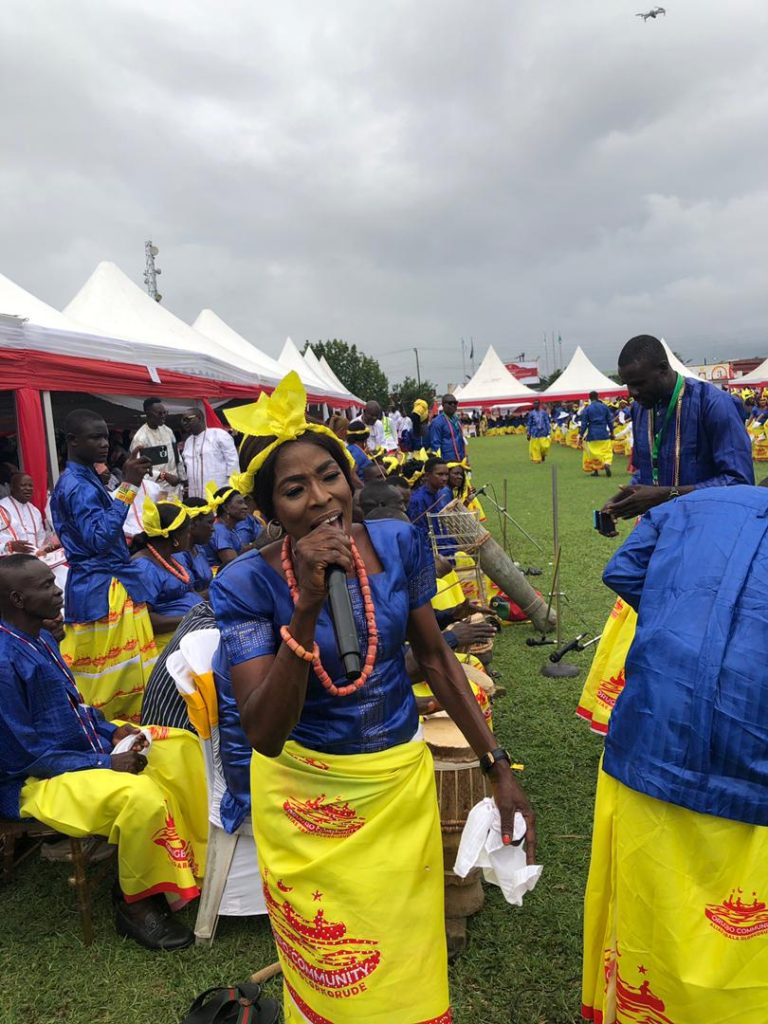
Philanthropy and Environmental Stewardship
As the night progressed, we were treated to stories of the Olu’s philanthropic efforts. From scholarships for students to initiatives aimed at improving healthcare, his contributions to the welfare of his people are significant. These stories, shared by those who have directly benefited from his generosity, added a personal touch to the event.
The Olu’s commitment to environmental conservation was another highlight. In a region heavily impacted by oil exploration, his support for initiatives aimed at protecting the Niger Delta’s unique ecosystems, including its mangrove forests and waterways, is crucial. This environmental stewardship ensures that future generations can enjoy the natural beauty of the Warri Kingdom.
Conclusion
Writing this piece, I hope to shed light on the lesser-known but incredibly positive aspects of the Warri Kingdom and its Olu. From its rich history of diplomacy to its cultural diversity, and from the modernization of tradition to the Olu’s philanthropic and environmental efforts, there is so much to celebrate about this remarkable kingdom.
Attending the 3rd year anniversary of the Olu’s crowning was a privilege, one that has deepened my appreciation for the Warri Kingdom. I encourage you, dear reader, to explore this vibrant culture, whether through visiting Warri or learning more about its history and people. There is so much more to discover, and each discovery is a step closer to understanding the true essence of Warri.


